Introduction
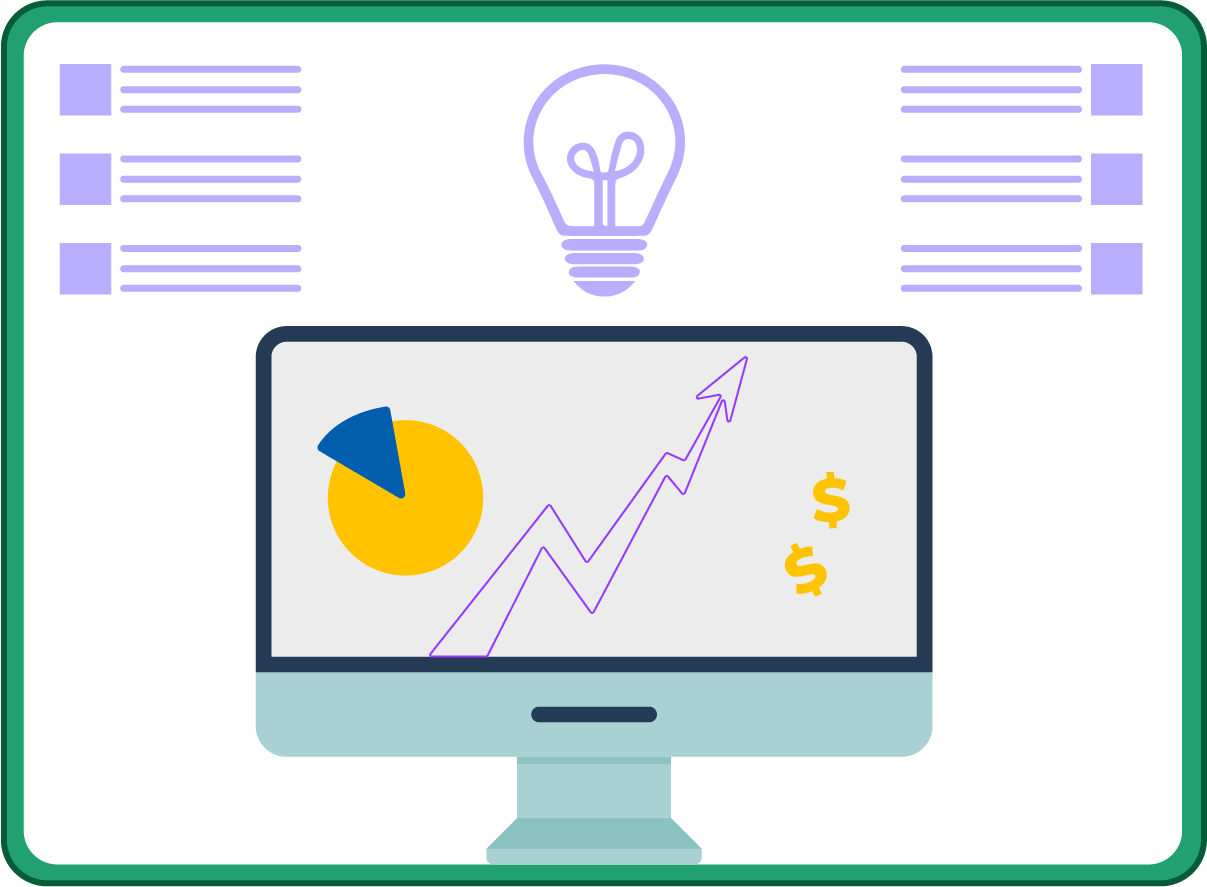
In the dynamic landscape of education, traditional methods are
giving way to innovative approaches that prepare students not just
for exams but for the challenges of the real world. Project-Based
Learning (PBL) has emerged as a transformative strategy that
engages students in hands-on, collaborative projects, fostering
critical skills for success. This guide explores the power of
Project-Based Learning, providing insights, practical advice, and
strategies for parents, teachers, mommy bloggers, and young
learners to harness its full potential.
Section 1: Understanding Project-Based Learning

Defining Project-Based Learning
Collaborate with parents, teachers, and mommy bloggers to
define Project-Based Learning. Discuss how PBL goes beyond
rote memorization, encouraging students to explore real-world
problems, collaborate with peers, and apply their knowledge in
meaningful projects. Highlight the key principles of PBL,
including inquiry, collaboration, and student autonomy.
The Benefits of Project-Based Learning
Engage in a dialogue about the numerous benefits of
Project-Based Learning. Collaborate on discussions about how
PBL enhances critical thinking, problem-solving, and creativity.
Share success stories of schools and educators who have
witnessed transformative outcomes through the
implementation of PBL.

Section 2: Designing Effective Project-Based Learning Experiences
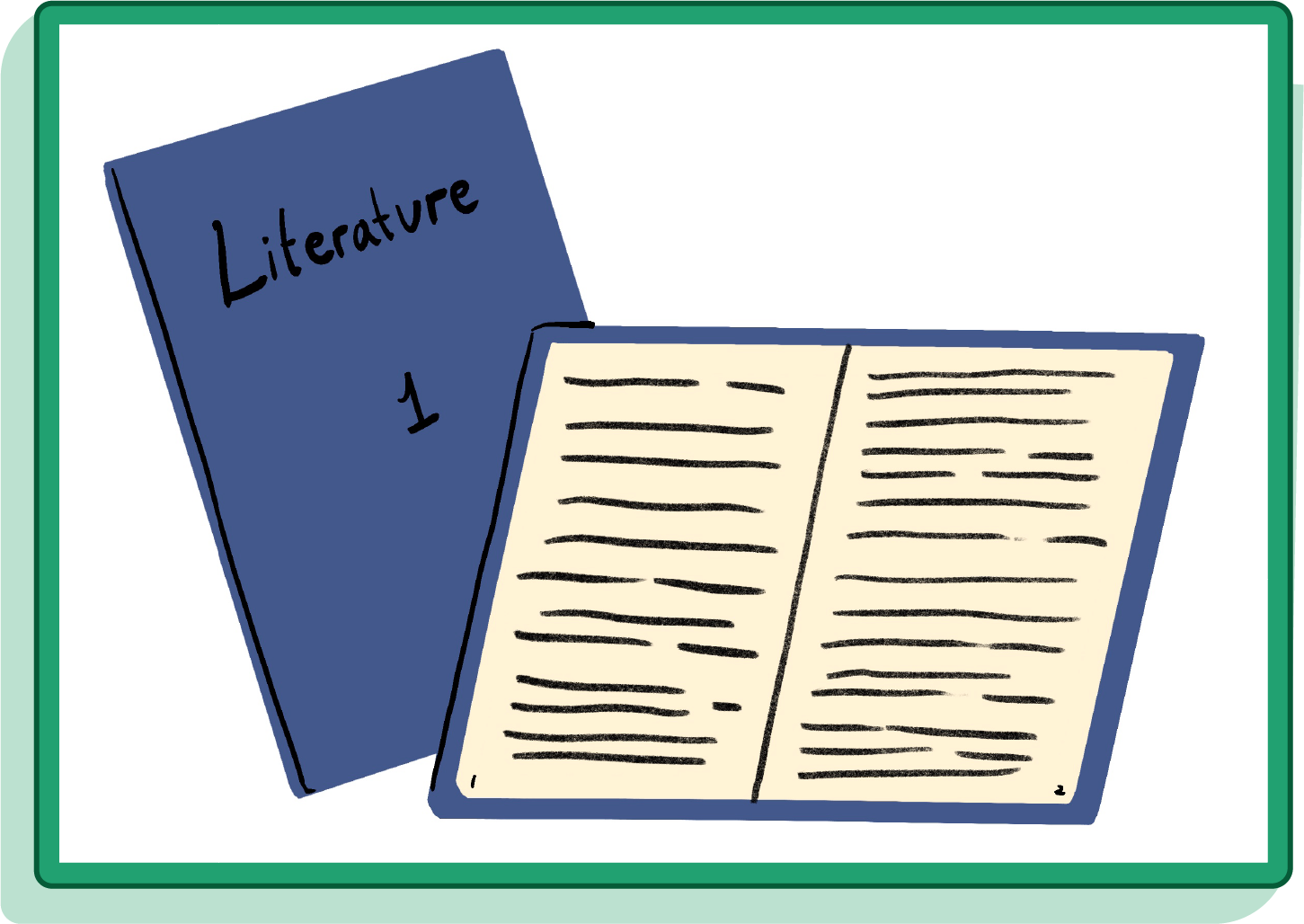
Developing Engaging Project Topics
Discuss strategies for developing engaging project topics that
align with curriculum goals and captivate student interest.
Collaborate on creating lists of potential project themes,
ensuring they are relevant, challenging, and capable of
sparking curiosity. Share insights on incorporating student
input into the project selection process.
Establishing Clear Learning Objectives
Engage with teachers and mommy bloggers to explore the
importance of establishing clear learning objectives for each
project. Discuss how well-defined objectives guide the project’s
focus, align with academic standards, and ensure that students
gain specific skills and knowledge through their work.
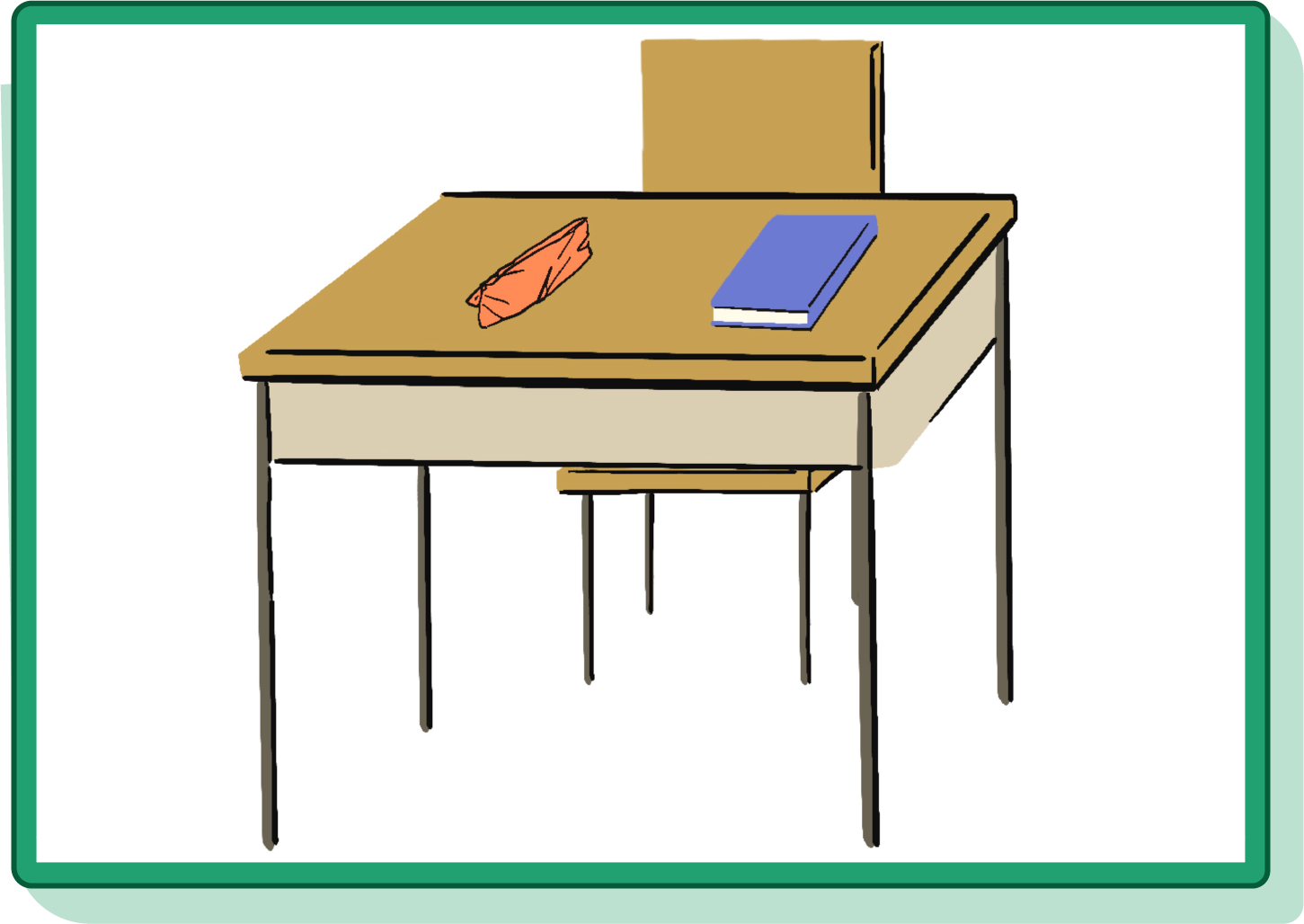
Section 3: The Role of Teachers in Project-Based Learning
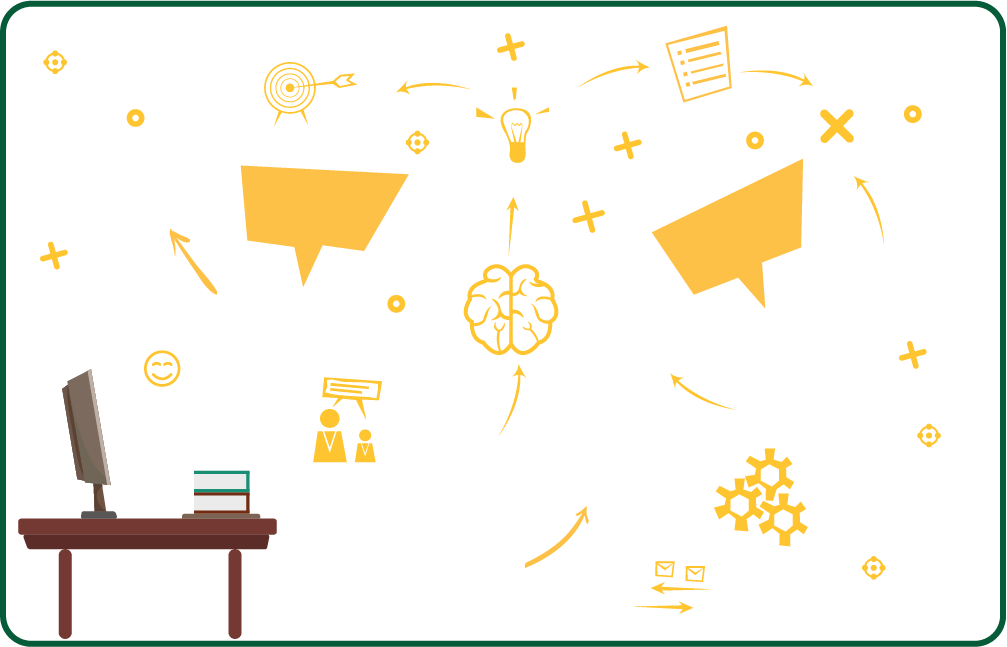
Facilitating vs. Directing
Collaborate on the shift from traditional teaching roles to that of
facilitators in Project-Based Learning. Discuss how teachers guide and
support students, fostering independent inquiry and problem-solving.
Share strategies for balancing guidance and allowing students the
autonomy to drive their projects.
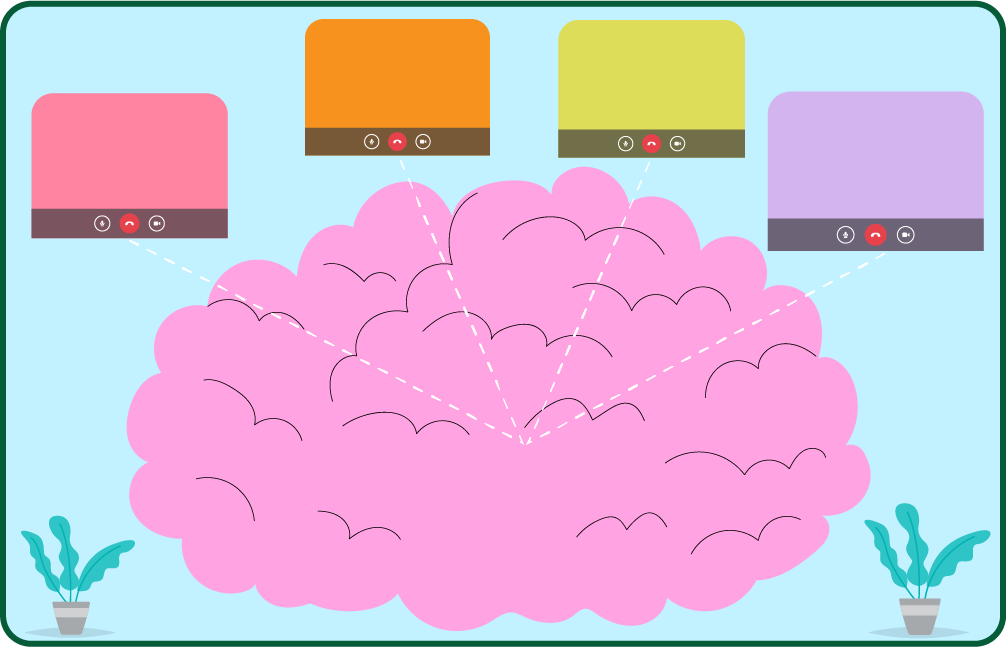
Providing Scaffolding and Support
Engage in a dialogue about the role of scaffolding in PBL. Collaborate on
creating a supportive learning environment where teachers provide the
necessary structure and support, ensuring students have the tools and
resources to navigate the challenges of their projects successfully.
Section 4: Fostering Collaboration and Teamwork
The Importance of Collaborative Learning
Discuss the importance of collaborative learning in Project-Based
Learning. Collaborate with parents, teachers, and mommy bloggers to
explore how teamwork enhances communication skills, promotes diverse
perspectives, and prepares students for collaborative efforts in the
professional world.
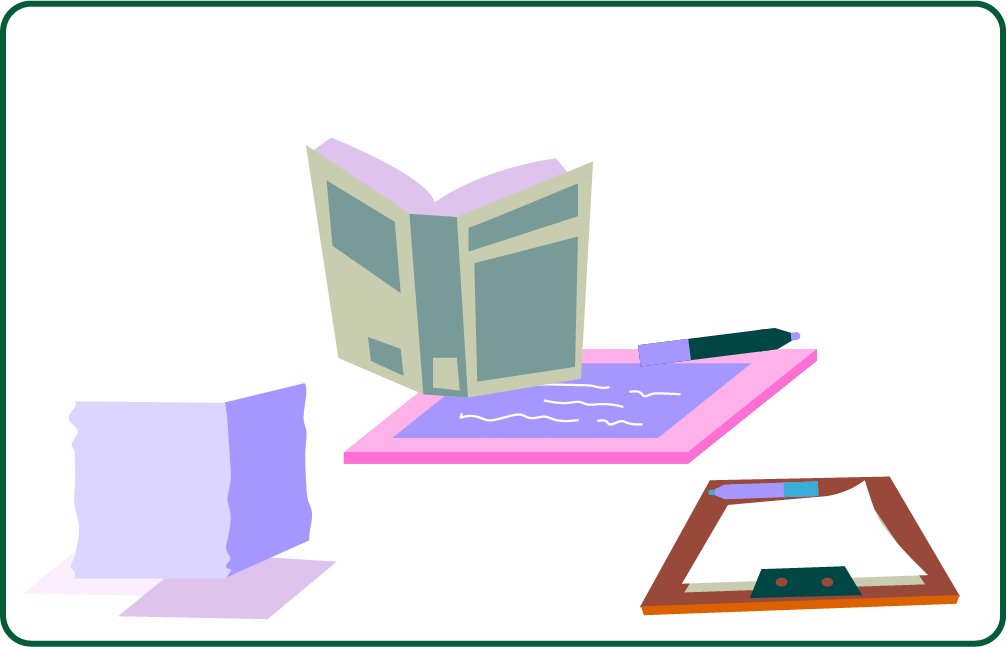
Strategies for Effective Collaboration
Engage with teachers and mommy bloggers to share strategies for
fostering effective collaboration among students. Discuss techniques for
forming diverse and balanced teams, establishing clear communication
channels, and addressing conflicts constructively.
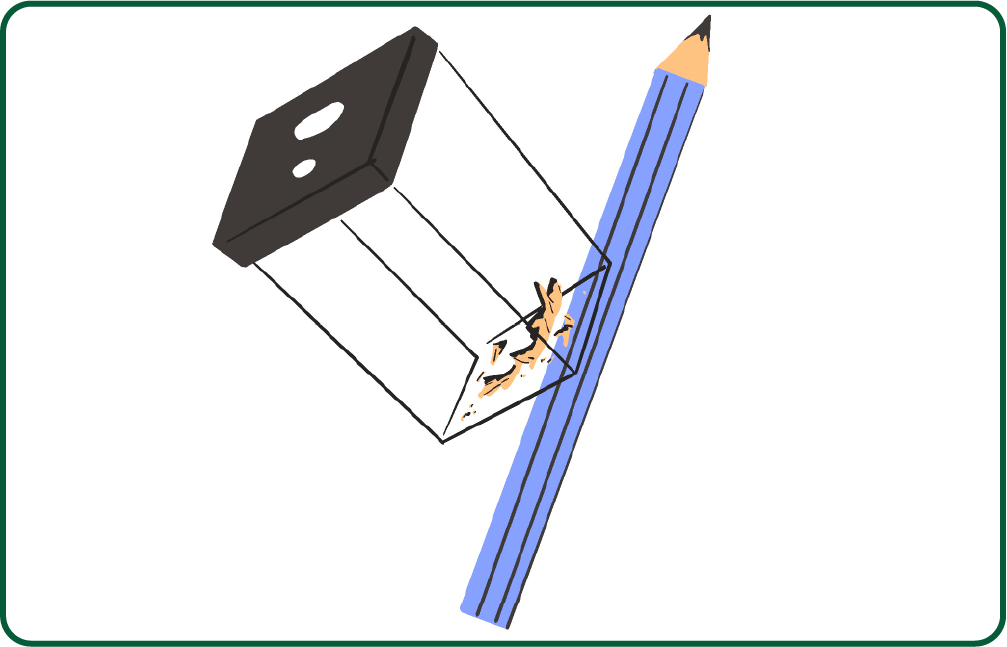
Section 5: Assessing Project-Based Learning Outcomes
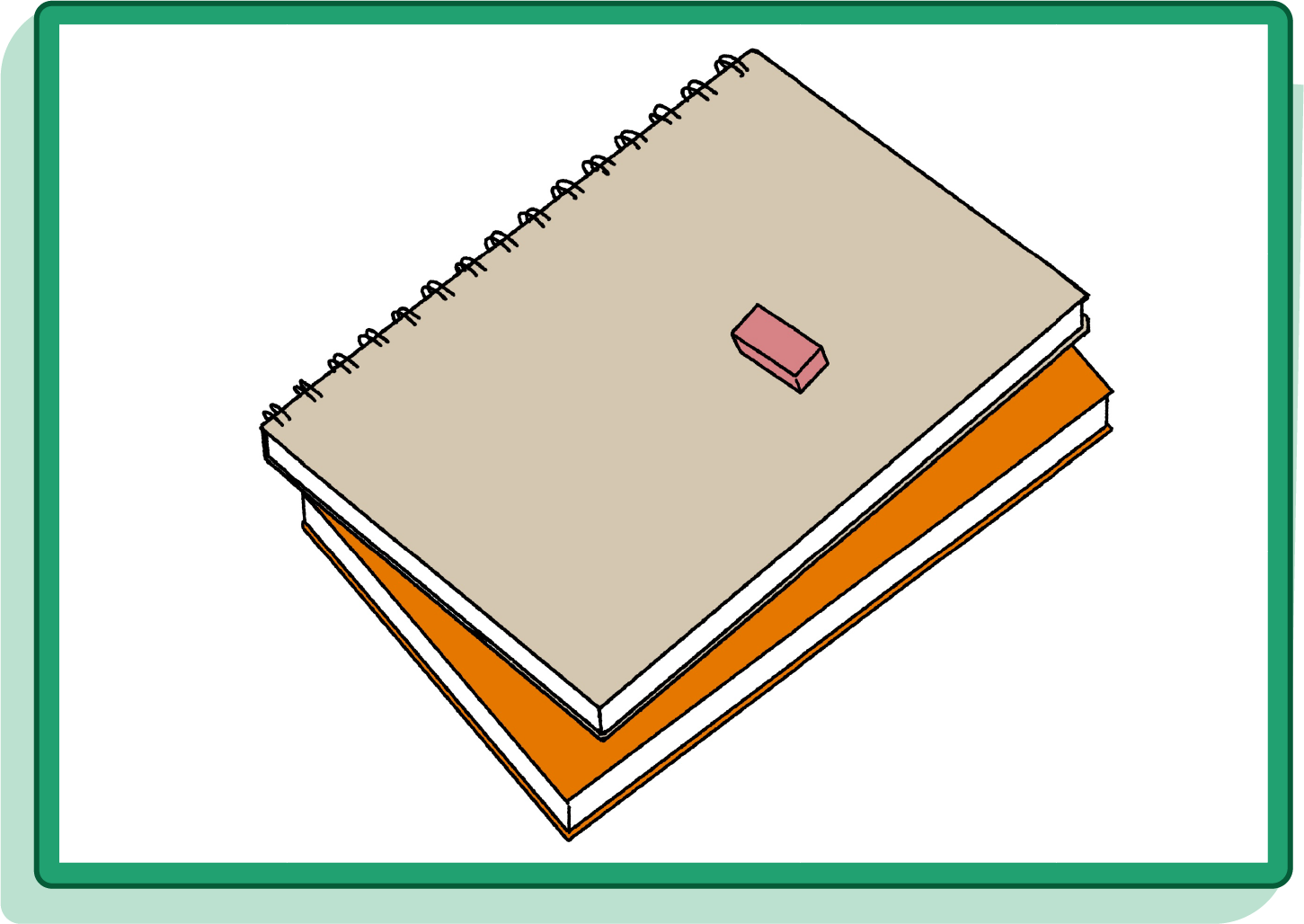
Moving Beyond Traditional Assessment
Collaborate on the shift from traditional assessments to more
holistic evaluation methods in Project-Based Learning. Engage
with parents, teachers, and mommy bloggers to discuss how
projects can be assessed based on creativity, critical thinking,
and collaboration, in addition to traditional academic criteria.
Incorporating Self and Peer Assessment
Discuss the incorporation of self and peer assessment into PBL
experiences. Collaborate on creating systems where students
actively reflect on their contributions and evaluate the work of
their peers. Share insights on how self and peer assessment
fosters metacognition and a deeper understanding of the
learning process.
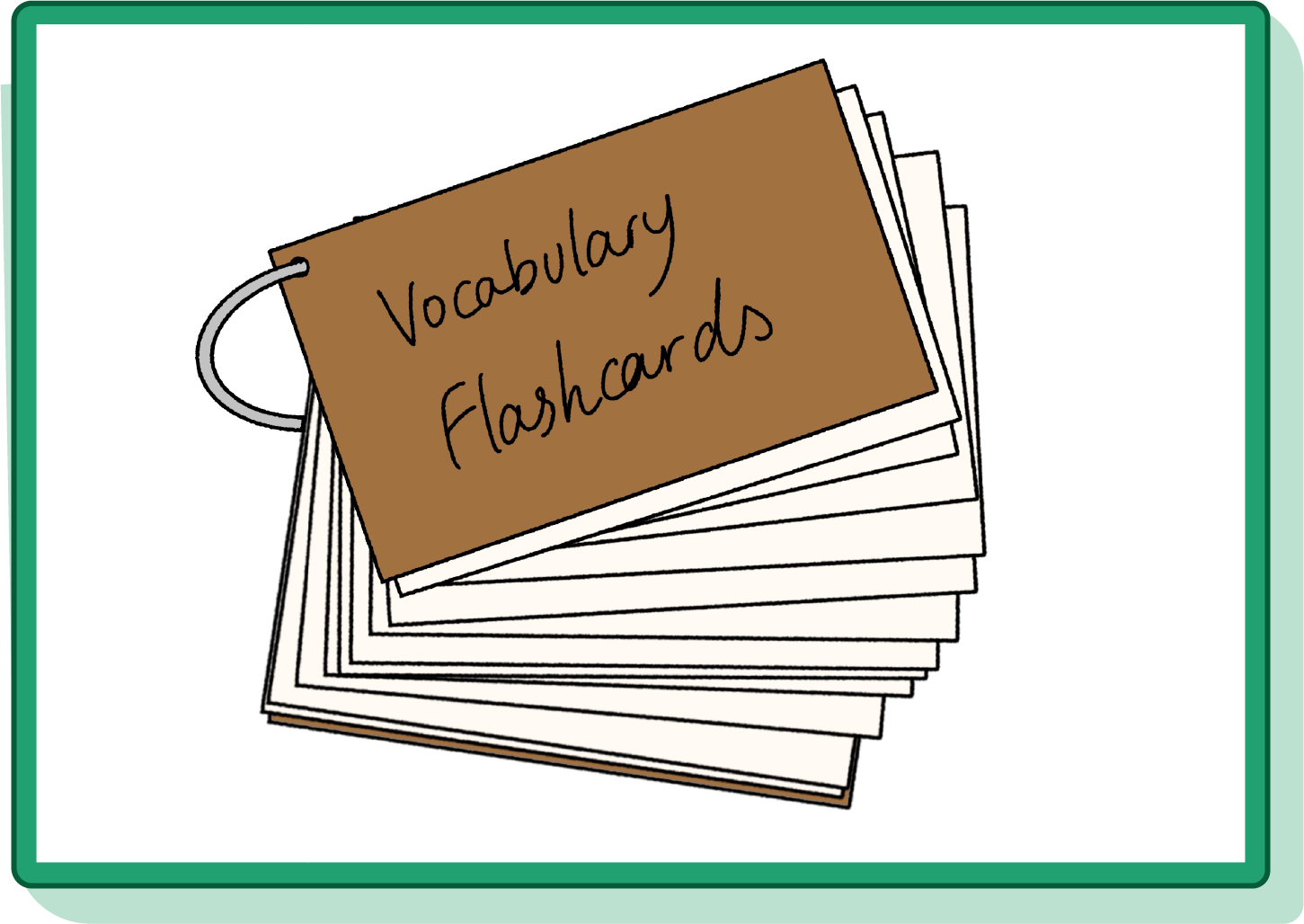
Section 6: Project-Based Learning at Home
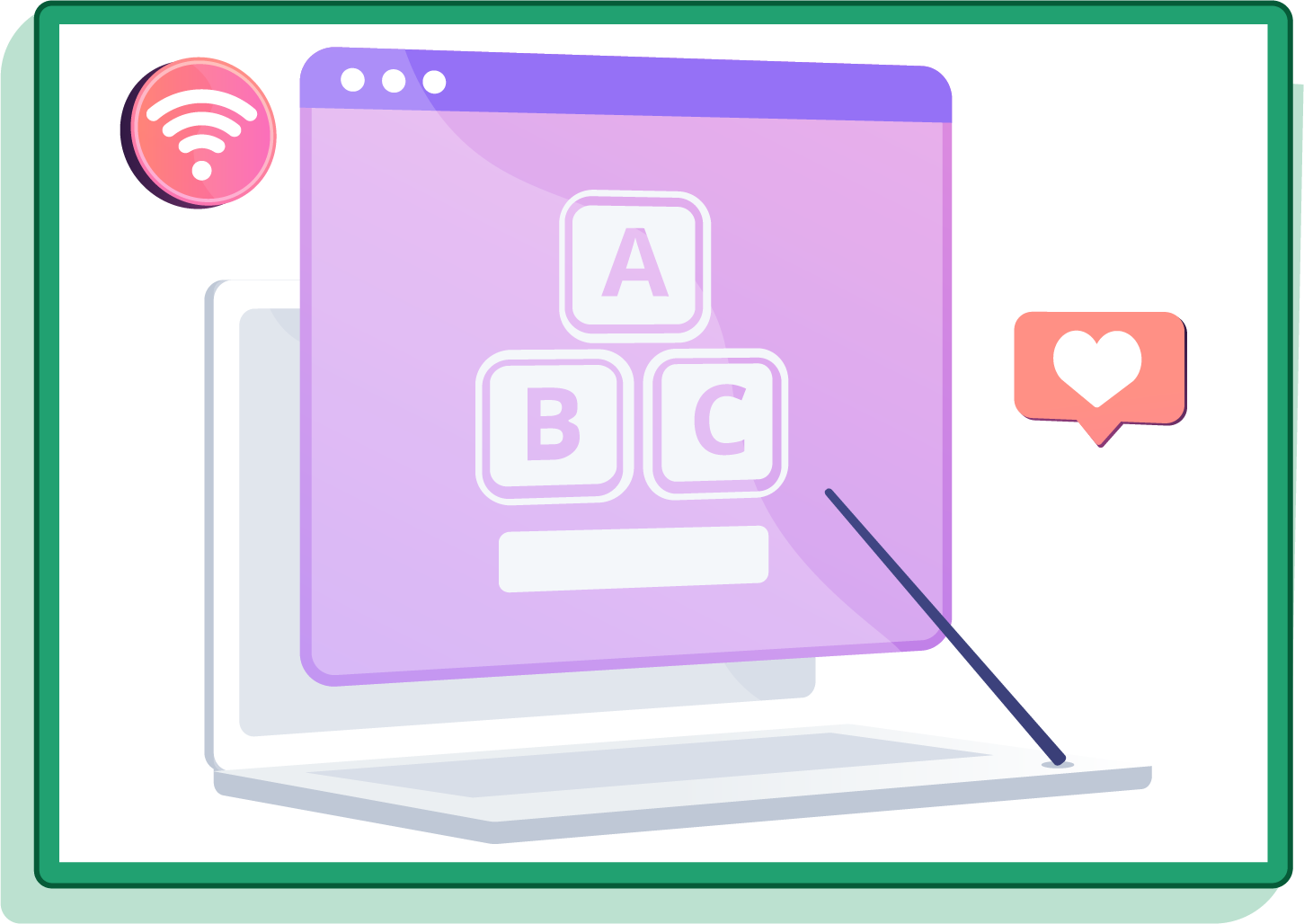
Extending PBL Beyond the Classroom
Explore strategies for implementing Project-Based Learning at
home. Collaborate with parents, teachers, and mommy
bloggers to discuss how families can engage in collaborative
projects that complement school learning. Share ideas for
age-appropriate projects that align with children’s interests
and skills.
Incorporating Real-World Connections
Engage in a conversation about the importance of
incorporating real-world connections into home-based
projects. Collaborate on strategies for exposing children to
community issues, industry insights, and personal interests that
inspire meaningful and authentic projects.
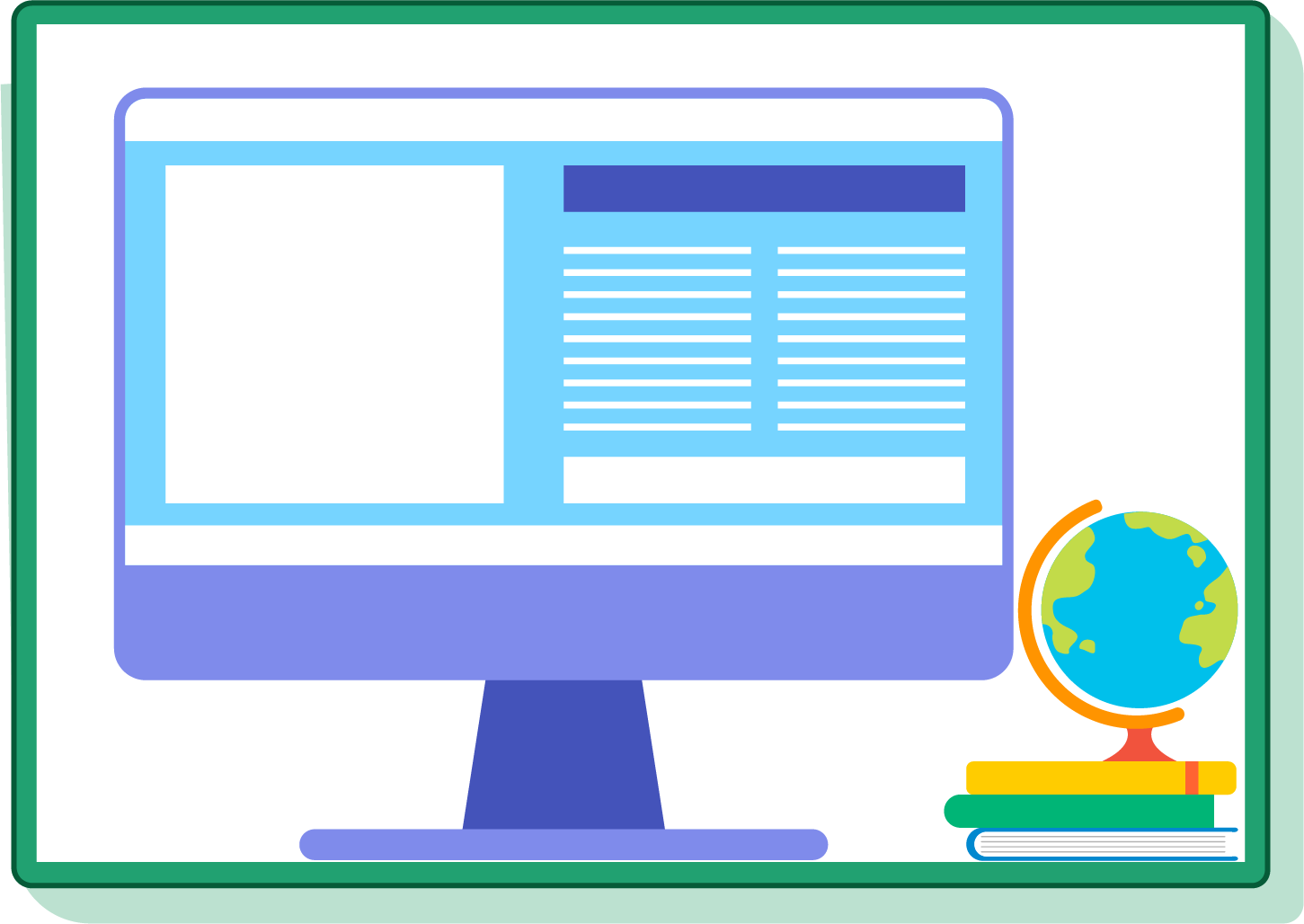
Section 7: Showcasing and Celebrating Student Work
The Power of Public Presentations
Discuss the benefits of public presentations in Project-Based Learning.
Collaborate on creating opportunities for students to showcase their
work to an authentic audience, whether it’s parents, peers, or the
community. Share the positive impact of public presentations on building
confidence and communication skills.
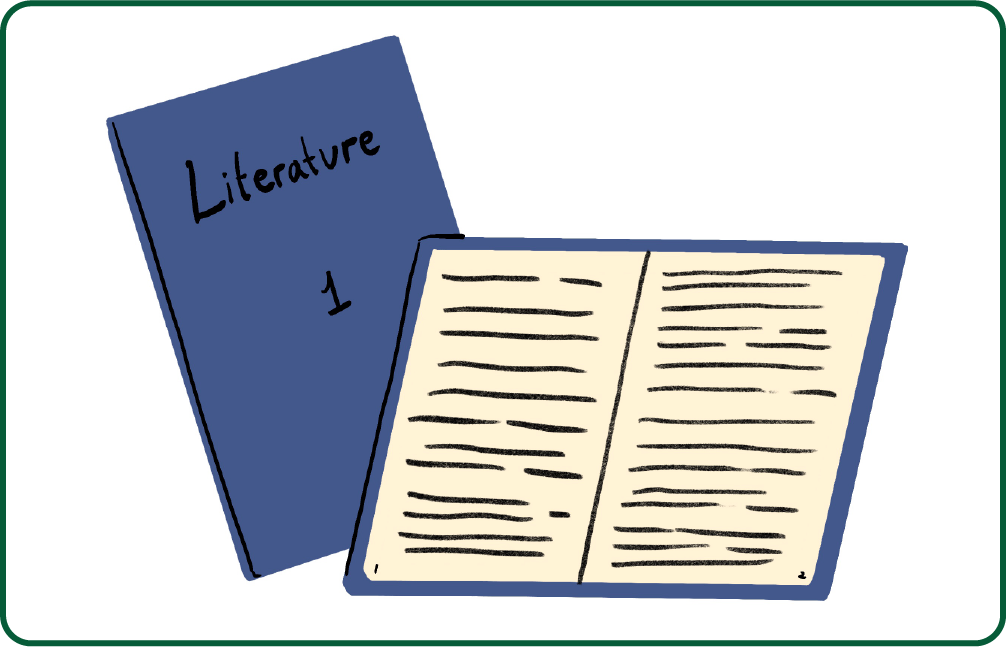
Celebrating Achievements
Engage with teachers and mommy bloggers to explore strategies for
celebrating student achievements in PBL. Discuss the importance of
recognizing not only the final product but also the process, effort, and
growth demonstrated by each student throughout the project. Share
ideas for creating a culture that values and celebrates the learning
journey.
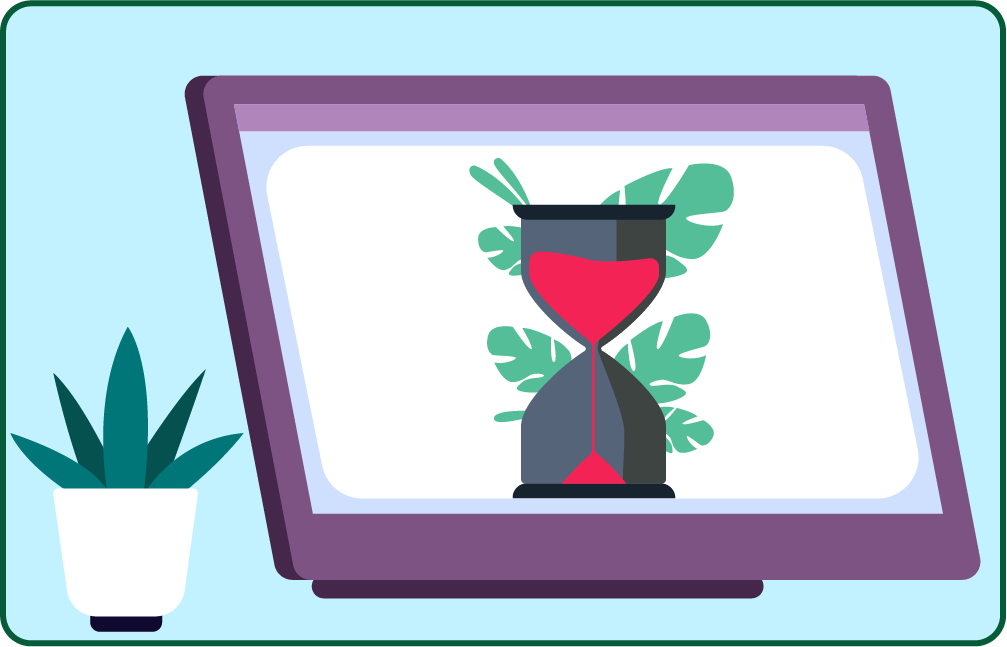
Conclusion

As we dive into the realm of Project-Based Learning, we
witness the transformation of education into a dynamic,
student-driven experience. By collaborating with parents,
teachers, and mommy bloggers, we become champions of a
pedagogical approach that prepares young learners not just
for exams but for a future where creativity, critical thinking,
and collaboration are paramount. May the projects we
undertake inspire a generation of innovators, problem solvers,
and lifelong learners. Happy project-based learning!




